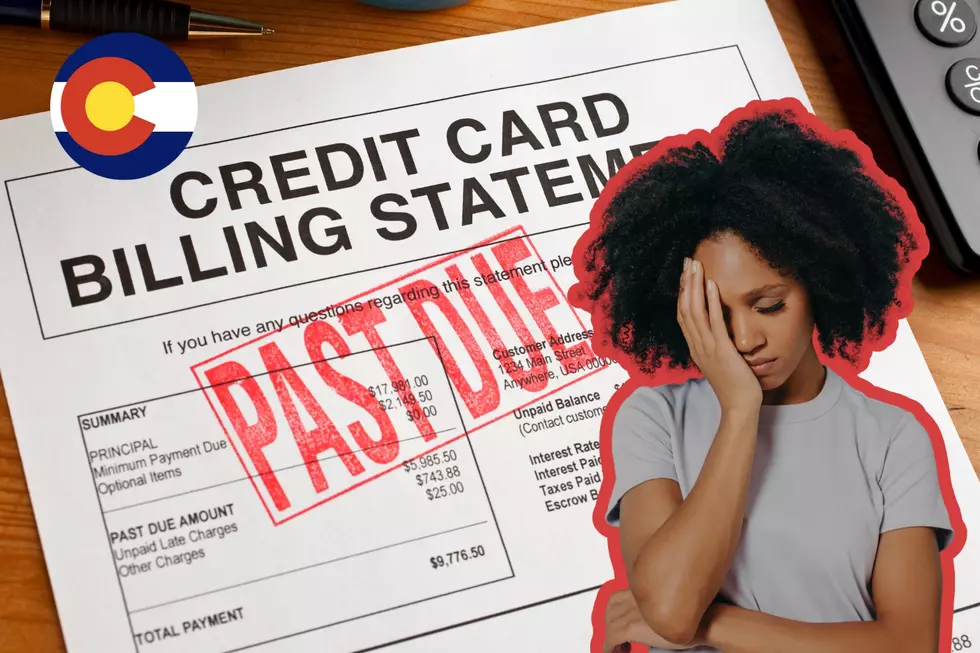
These Items Planted in Your Garden Could Poison Your Dog
Summer may not feel like it is fully here in Colorado just yet due to the constant falling of rain. Just because we're not outside because of the rain, doesn't mean our gardens and plants aren't loving all the extra water.
In fact, I have had to mow my lawn twice a week, on average this year and I haven't had the need to turn on my sprinklers as of yet. With all of this extra growth from the foliage, there might be a potential hidden danger to your pets in the yard or garden.

Over the past two weeks, my three-year-old German Shepherd has been to the vet four times for a mystery illness. She started to vomit numerous times in a single day. That prompted the first vet visit. The next day, she started to have bloody diarrhea which prompted another visit to the vet. On the third day, she was still not improving. As a matter of fact, she got worse.
When is the right time to take your dog to the emergency vet?
After consulting my now-new veterinarian, it was in my dog's best interest to be taken to the emergency vet for immediate care. Her black gums were nearly white, her demeanor was that of an old dog, and I knew that she was in rough shape. After numerous vet visits totaling over $1,500 later, she has made a full recovery from the diagnosis of hemorrhagic gastroenteritis. It bothered me for days not knowing what made her so very sick.
Certain plants in your garden could poison your pets
Recently, one Colorado park closed after four dogs mysteriously died. Looking at the post from the HOA where the park was located, a person asked if there might be wild chives growing in the park and I had an inclination that there could be something here to that comment. Oddly enough there are some random sprouts of wild chives growing in my backyard in between a few pavers.
I started to look at chives and how they would affect dogs if they were eaten and I was mortified.
Chive poisoning in dogs
According to Wag!, chives contain organosulfides. while these organosulfides may help benefit humans with anti-inflammatory and antioxidant properties, it is also natural poison to protect these types of plants from insects and pests. It can also poison pets.
These are just a few of the many symptoms of chive poisoning in dogs:
- Nausea
- Vomiting
- Excessive drooling
- Lethargy
- Diarrhea
- Weakness
- White or very light gums
My poor dog had essentially every one of these symptoms. However, we cannot say for certain that the chives were the exact cause of her sickness. Rather than guessing if she may or may not eat the chives in the backyard, I opted to remove them from the area altogether.
Other Garden Plants Poisonous to Dogs
Chives are just one of the many items in a garden that could poison your dog. Chives are a part of the Allium species that produce organosulfides. These other plants that could be in your garden could also be dangerous.
- Leeks
- Garlic
- Onions
Your best bet to keep your pet safe, especially if they like to chew or eat random things, would be to plant these items in an area where your dog does not have access to them or remove these plants from your garden. I like the thought of growing my own onions, garlic, and chives, just not at the expense of my dog's health. I think I will stick to purchasing these items from the store from here on out.
If you would like to learn more about chives, garlic, and onions and the dangers they pose to your pets, you can visit Wag!
These Are the 10 Most Popular Dog Names in Colorado for 2023
More From K99






